Malezja to kraj o niezwykłej różnorodności kulturowej, geograficznej i przyrodniczej. Zróżnicowane miasta, egzotyczne wyspy i góry sprawiają, że jest to jedno z najbardziej fascynujących miejsc w Azji. Malezja łączy nowoczesność z tradycją, oferując turystom wspaniałą mieszankę atrakcji, od tętniących życiem metropolii po dziewicze plaże
i dżunglę.
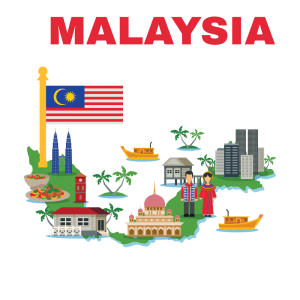
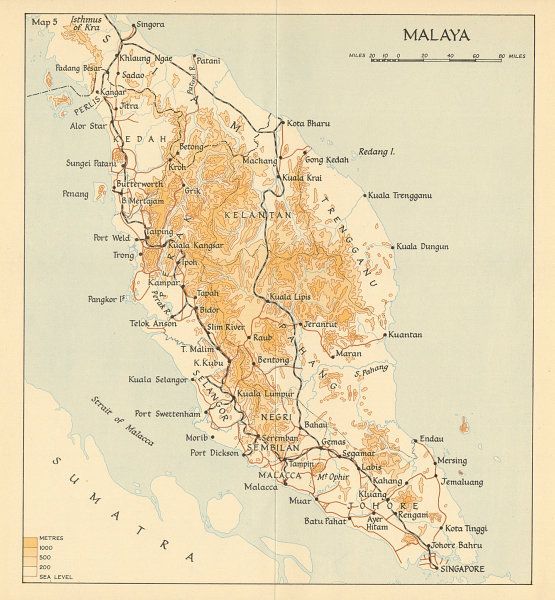
Malaysia does not have a long history, since it has existed since 1957, when it gained independence from Great Britain. The achievements of this country in such a short period of time are admirable - especially focusing on the development of the economy. Currently, Malaysia is the region's third largest economy after Indonesia and Thailand, although it is itself a developing country.
It is a very culturally diverse country, which is mainly due to the rich history of the areas where Malaysia is currently located. From the 15th century, she was struggling with invasions and attempts to take over power by various countries (Portugal, the Netherlands, Great Britain) and internal conflicts. These conflicts lasted until the 20th century, where the theoretical power was exercised by the sultans, whose official "advisers" were British residents.
During World War II, the Malay Peninsula was attacked by Japanese troops, and many sultans began to support Japanese rule. It was not until 1948 that the Malay Federation was formed, which included all the states of the peninsula (except Singapore). After 9 years, the Malay Federation declared independence from Great Britain and changed its name to Malaysia in 1963.
Malezja to kraj zróżnicowany pod względem religijnym. Dominującą religią jest islam (ok. 60% populacji), szczególnie wśród malajskiej ludności. Islam kształtuje życie codzienne, a jego wpływ widoczny jest w architekturze, zwyczajach oraz świętach narodowych. W Malezji obchodzone są również tradycje hinduskie, buddyjskie
i chrześcijańskie.
Poza islamem, inne religie praktykowane w Malezji to buddyzm (około 20% społeczeństwa) oraz hinduizm, zwłaszcza wśród tamilskiej mniejszości. Istnieje także duża liczba chrześcijan, zwłaszcza w regionie Borneo.
W kraju panuje duża tolerancja religijna, a różnorodność ta przyczynia się do wyjątkowego charakteru Malezji.

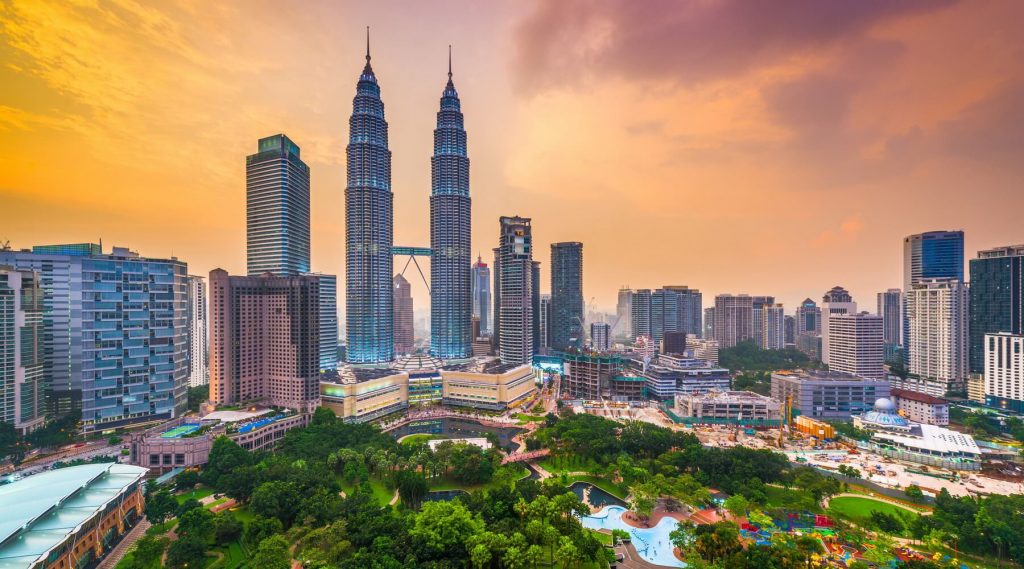
Malezja leży w strefie klimatu równikowego, co oznacza, że przez cały rok panuje tam ciepła i wilgotna pogoda. Temperatury są stałe, wynoszące średnio 25–32°C. Malezja ma dwie pory deszczowe: od listopada do lutego na wybrzeżu zachodnim i od maj do września na wschodnim wybrzeżu. Najlepszym okresem do wizyty w Malezji jest od marca do października, kiedy opady są mniejsze.
– Półwysep Malezji: Panuje tam równikowy klimat z intensywnymi opadami deszczu
w monsunie. Najlepszy czas na podróże to od maja do września.
– Borneo: Region charakteryzuje się porą deszczową, która trwa od października do marca. Najlepszy czas na wizytę to od marca do października.
Kuchnia malezyjska jest jednym z najciekawszych aspektów tego kraju, pełna aromatów i smaków, które są mieszanką tradycji malajskich, chińskich, indyjskich oraz tajskich. W Malezji znajdziesz potrawy, które są zarówno pikantne, jak i słodkie, z dużą ilością przypraw, kokosów, ryżu i warzyw.
– Char Kway Teow: Makaron smażony z jajkiem, krewetkami, kiełbasą i warzywami.
– Laksa: Zupa z makaronem ryżowym w pikantnym, kokosowym lub kwaśnym bulionie.
– Satay: Grilowane szaszłyki z mięsa podawane z sosem orzechowym.
– Nasi Lemak: Narodowe danie Malezji – ryż gotowany w mleku kokosowym, podawany z jajkiem, anchois i pikantnym sosem sambal.
Malezja to raj dla smakoszy, którzy uwielbiają różnorodne, pełne przypraw dania.
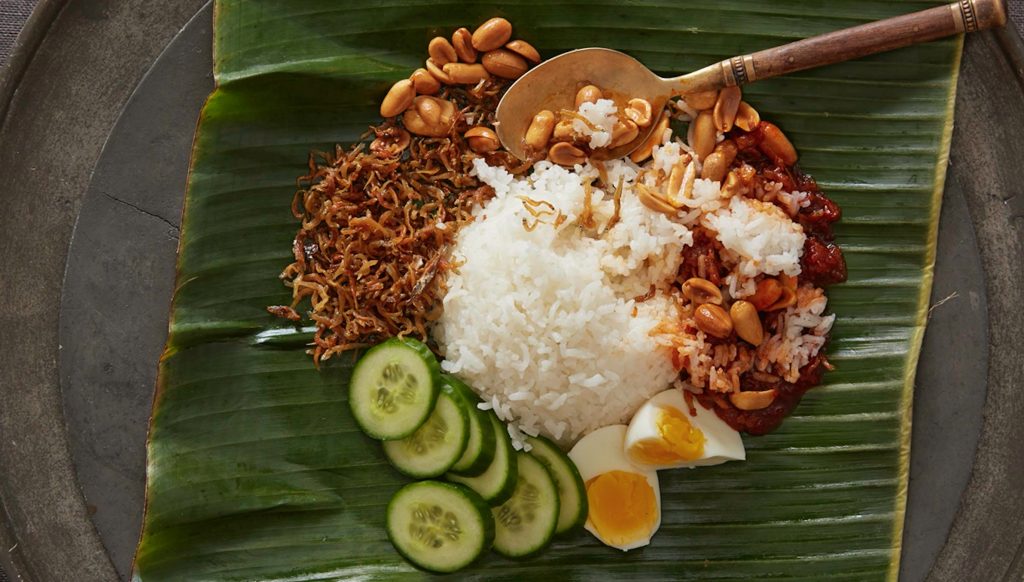
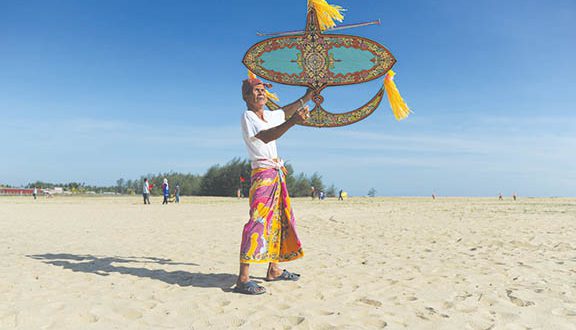
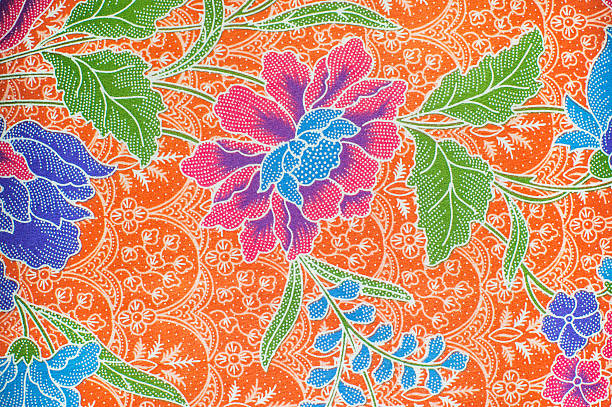
Malezja oferuje szeroką gamę pamiątek, które można zabrać ze sobą po wizycie w tym kraju:
1. Ręcznie robione rzeźby – W Malezji znajdziesz wiele ręcznie rzeźbionych przedmiotów, w tym rzeźby z drewna i kamienia, które przedstawiają lokalne postacie, zwierzęta lub religijne symbole.
2. Jedwabne wyroby – Malezja słynie z produkcji jedwabiu, więc warto przywieźć jedwabne chusty, sukienki czy szale.
3. Herbata – Malezja produkuje doskonałą herbatę, szczególnie na plantacjach w Cameron Highlands. Herbata czarna i zielona to popularne pamiątki.
4. Wyroby z drewna i bambusa – W Malezji znajdziesz wyroby rękodzielnicze z drewna oraz bambusowe akcesoria: od koszy, po talerze, miski, a także biżuterię.
5. Batiki – Tradycyjne tkaniny w Malezji, które są wytwarzane ręcznie. Batiki to doskonała pamiątka z podróży.
Malezja oferuje wygodne środki transportu, w tym:
– Taksówki: Taksówki są łatwe do znalezienia w miastach, a ich ceny są stosunkowo niskie. Upewnij się, że taksometr jest włączony.
– Skutery: W miastach, jak Kuala Lumpur, skutery są popularnym środkiem transportu, szczególnie do krótkich podróży.
– Autobusy: Szeroka sieć autobusowa łączy wszystkie większe miasta w Malezji i jest bardzo tania.
– Koleje: Malezja ma rozwiniętą sieć kolejową, a podróże pociągiem to dobry sposób na przemieszczanie się między miastami.
– Promy: Malezja posiada liczne wyspy, więc promy są powszechnym środkiem transportu, zwłaszcza do Langkawi, Penangu i Koh Lipe.
Podróżowanie po Malezji jest wygodne i niedrogie.
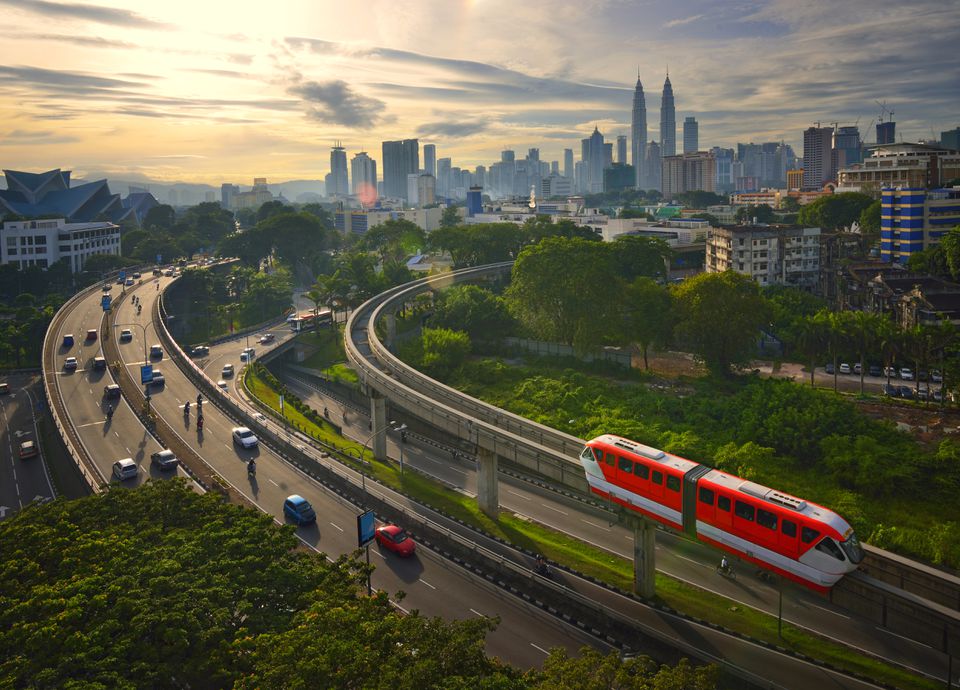
Malaysia is one of the richest and most modern countries in Southeast Asia. This does not mean, however, that it is an expensive country that has lost its natural beauty in favor of large cities. It is just the opposite:
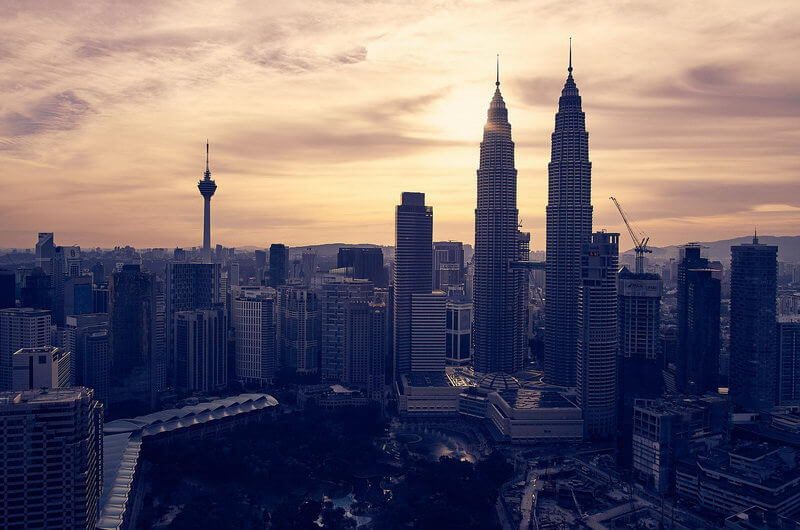



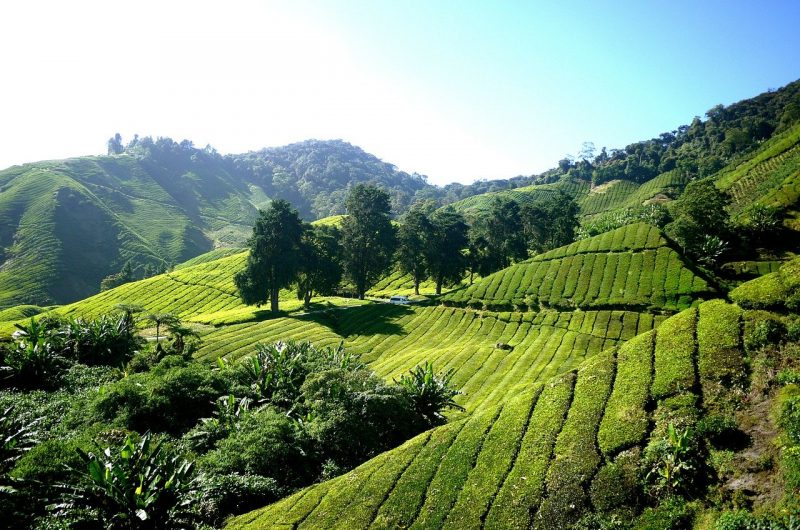
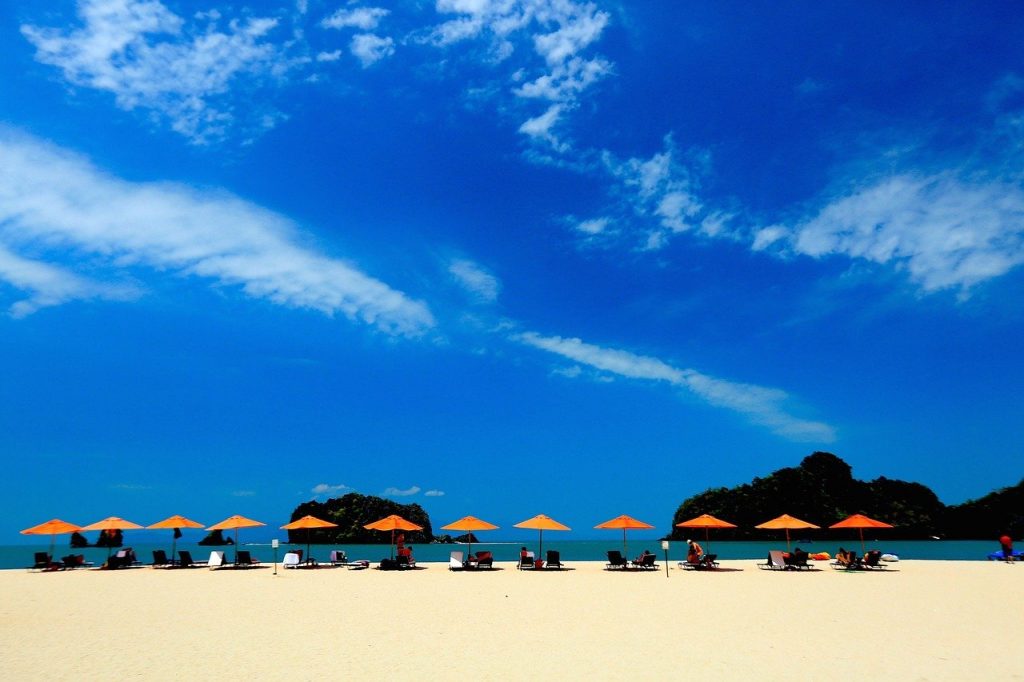
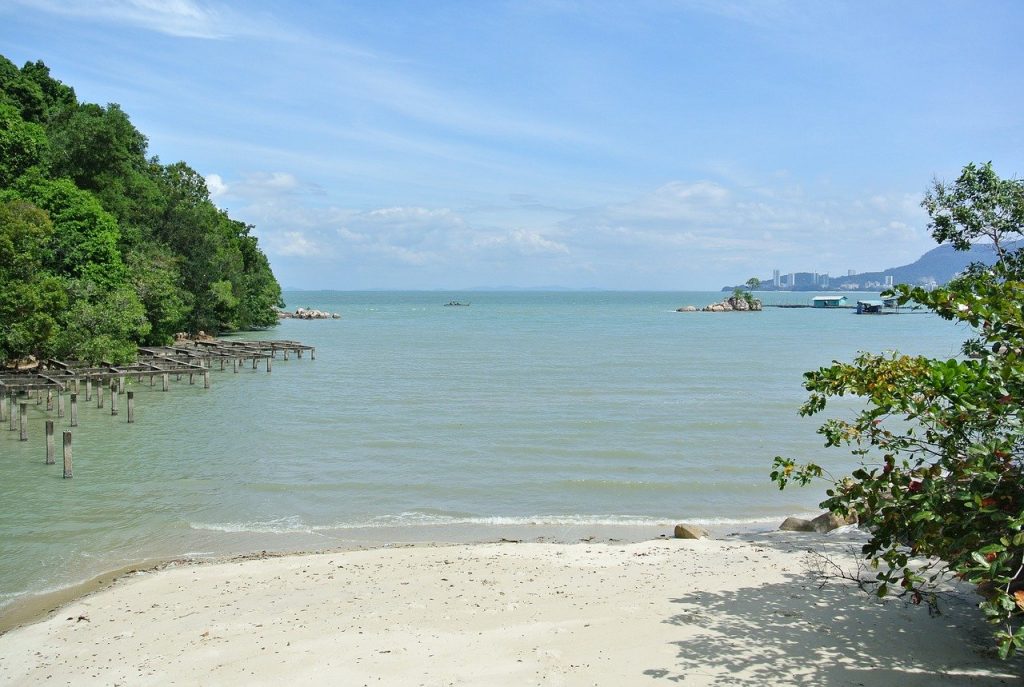
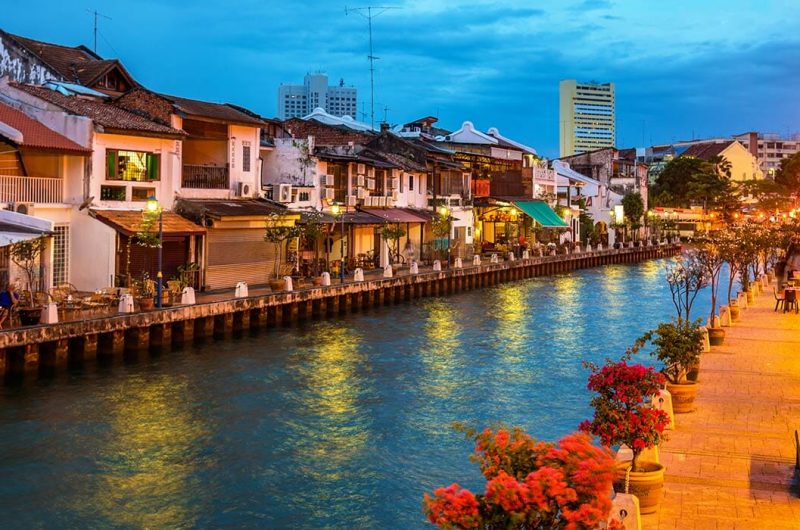
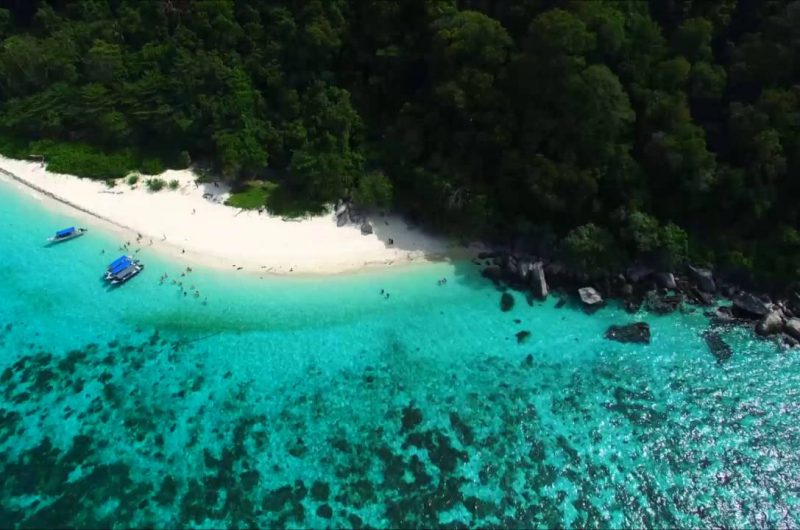
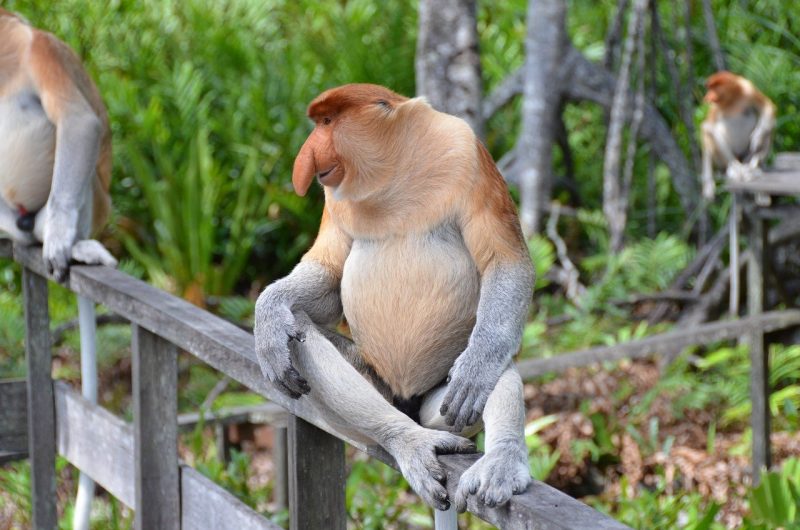
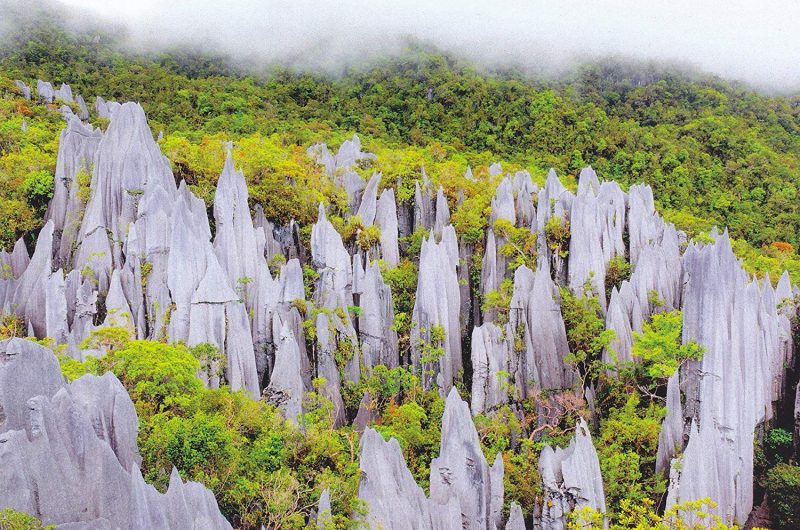
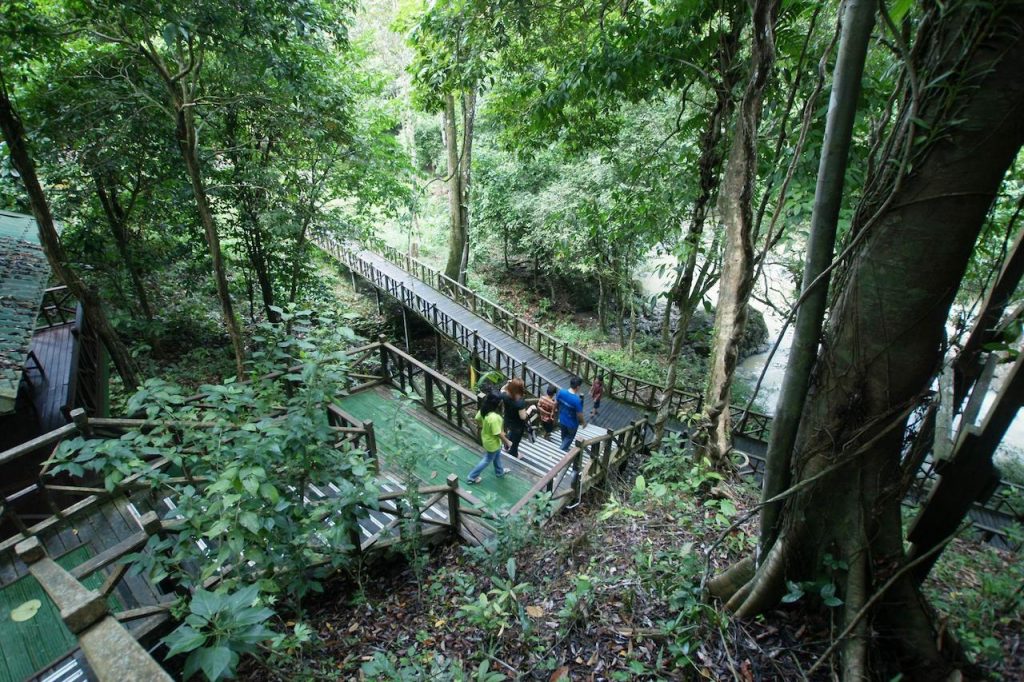
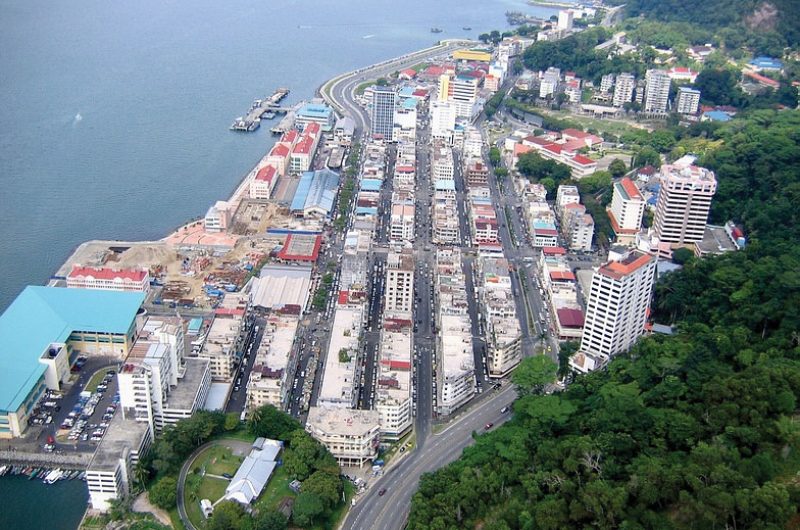
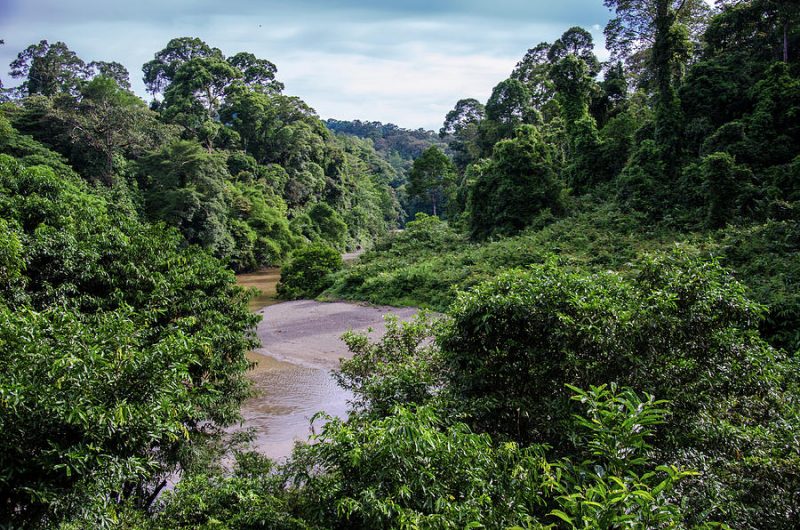
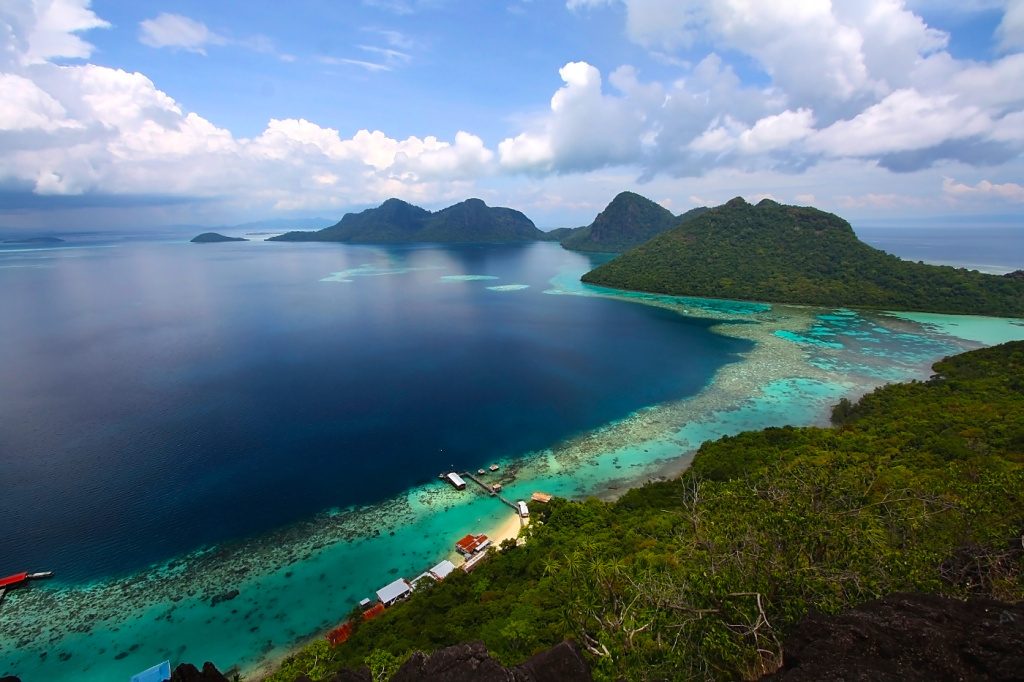
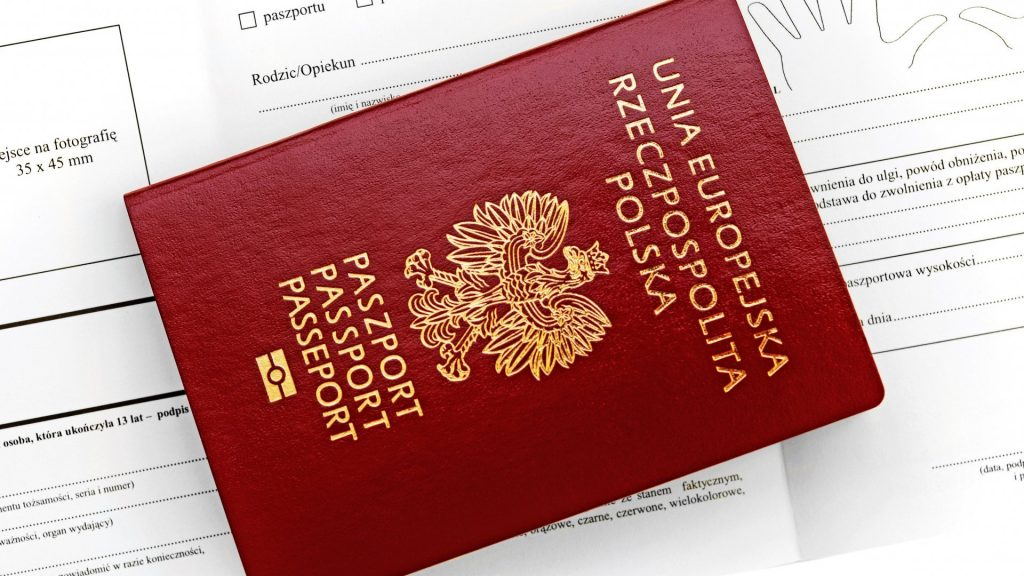
Obywatele Polski mogą przebywać w Malezji bez wizy przez 90 dni w przypadku turystycznego pobytu. Po przylocie na lotnisko otrzymujesz wstępną wizę turystyczną, którą można przedłużyć na miejscu.
– Wiza turystyczna: Jeśli planujesz dłuższy pobyt, musisz ubiegać się o wizę
w ambasadzie Malezji przed wyjazdem.
– eVisa: Malezja umożliwia aplikację o wizę elektroniczną (eVisa) na pobyty turystyczne. Można aplikować o wizę online na stronie rządu Malezji.
Przed wyjazdem do Malezji zaleca się konsultację z lekarzem medycyny podróży, aby dostosować szczepienia do indywidualnych potrzeb.
Chociaż nie są wymagane żadne obowiązkowe szczepienia przy wjeździe, zaleca się szczepienia przeciwko WZW A i B, dur brzuszny, tężec, wściekliźnie oraz polio.
Warto również zaszczepić się przeciwko malarii w rejonach wiejskich lub na Borneo. Dodatkowo, należy stosować środki ochrony przeciwko komarom.

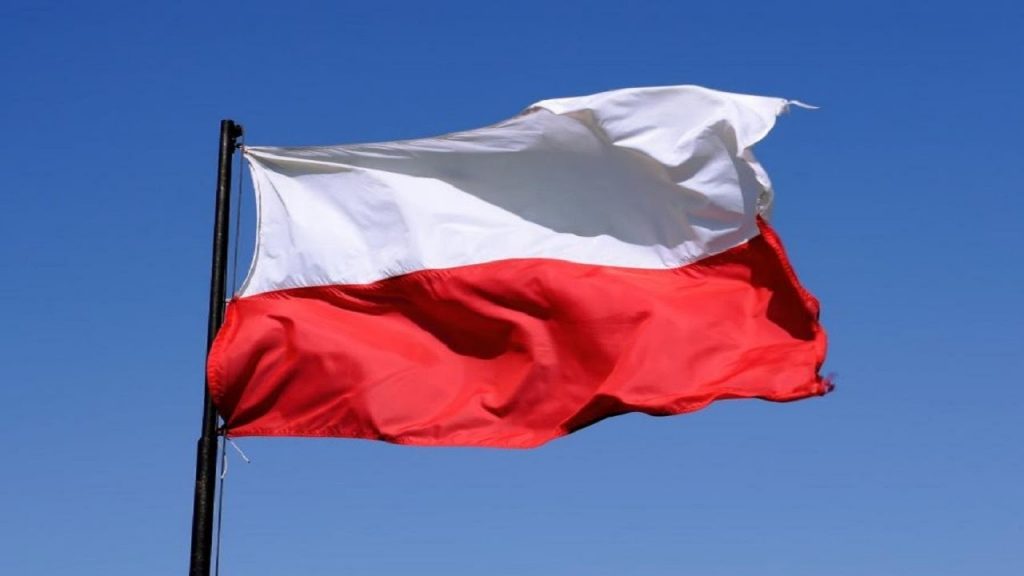
Ambasada Rzeczypospolitej Polskiej w Malezji znajduje się w Kuala Lumpur. Oto dane kontaktowe:
– Numery telefonów: +60 3 2142 2374
– Adres e-mail: [email protected]
– Adres strony: www.kualalumpur.msz.gov.pl
– Adres ambasady: 19th Floor, Menara KPMG, 8, Jalan Raja Laut, 50350 Kuala Lumpur, Malezja
1. Zadbaj o paszport – Twój paszport musi być ważny przez co najmniej 6 miesięcy od daty wyjazdu z Malezji.
2. Zarezerwuj wizę wcześniej – Choć obywatele Polski mogą przebywać w Malezji do 90 dni bez wizy, jeśli planujesz dłuższy pobyt, ubiegaj się o wizę online.
3. Zabierz odpowiednią odzież – Malezja to kraj o tropikalnym klimacie, więc zabierz ze sobą lekkie ubrania, ale także coś cieplejszego na chłodniejsze noce.
4. Sprawdź prognozy pogody – Zanim wybierzesz się do Malezji, sprawdź prognozy. Najlepszy czas na wizytę to od marca do października.
5. Pamiętaj o ochronie zdrowia – Zaszczep się na WZW A i B, dur brzuszny, tężec, wściekliźnę.
6. Zadbaj o odpowiednią walutę – Walutą Malezji jest ringgit (MYR). Wymień pieniądze w kantorach w Polsce lub po przylocie.
7. Unikaj picia wody z kranu – Zalecamy picie tylko butelkowanej wody.
8. Bądź przygotowany na lokalne jedzenie – Malezja to raj dla smakoszy, ale ostre przyprawy mogą być wyzwaniem.
9. Zabezpiecz się przed słońcem – Zabierz krem z filtrem i okulary przeciwsłoneczne.
10. Zawsze miej przygotowane drobne na napiwki – Napiwki są mile widziane, ale nie są obowiązkowe.
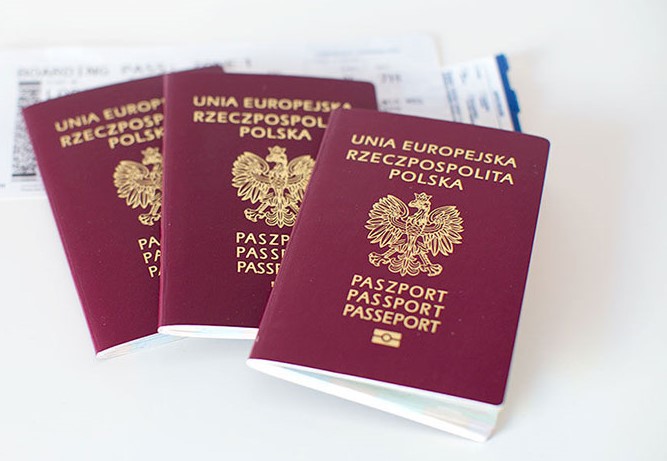
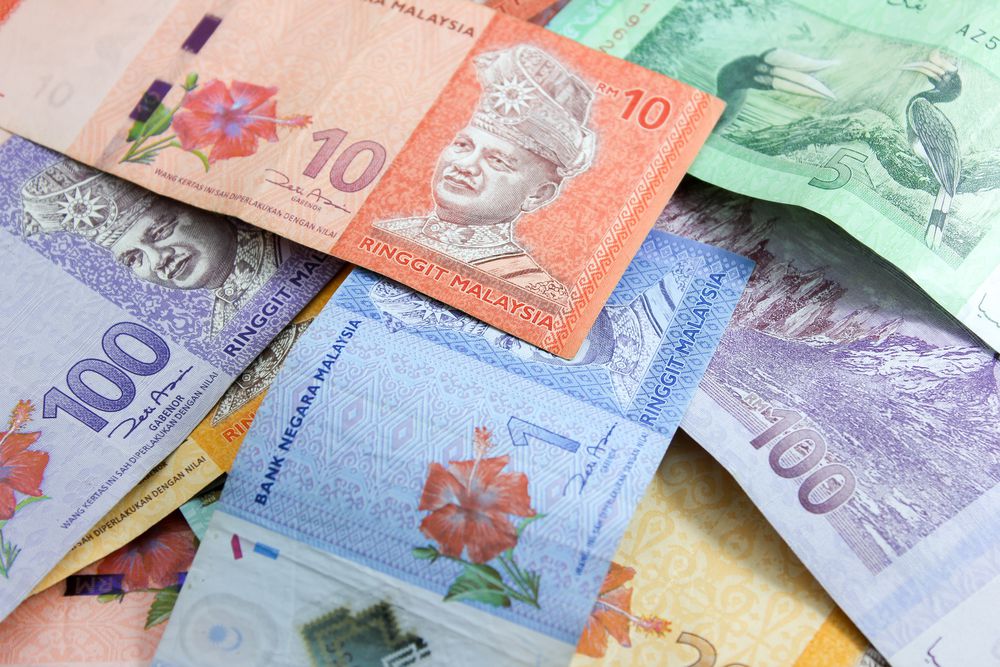
All content is protected by law. Use, copy or duplicate only with the consent of the website owner.
Copying content is subject to a handling fee.
2025 Polviet Travel